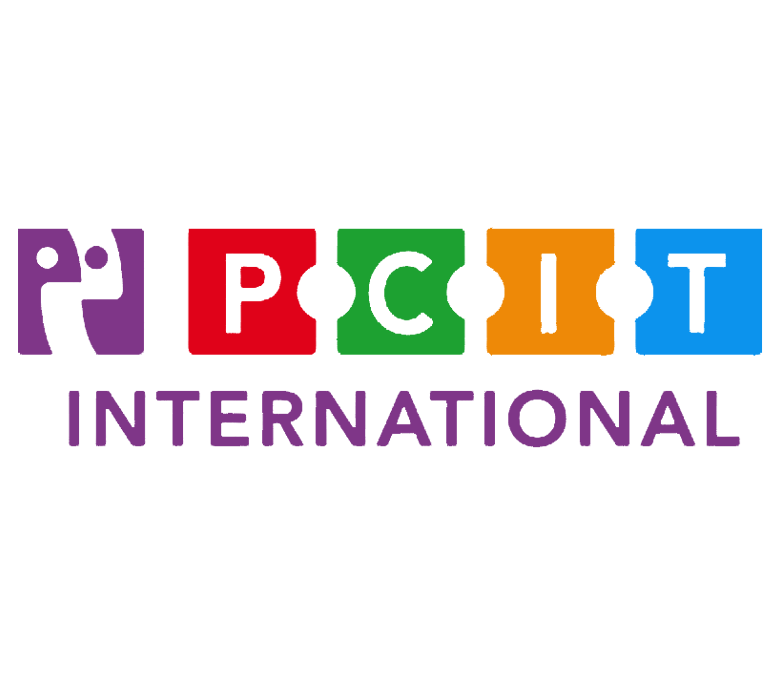Find a CBT Therapist
Search through our directory of local clinicians.
The Parent-Child Interaction Therapy (PCIT) Lab
Meet ABCT’s Featured Lab
The Parent-Child Interaction Therapy (PCIT) Lab is located in the Department of Psychiatry of the University of Florida, and the Department of Psychology of West Virginia University. Directed by Cheryl B. McNeil, PhD.
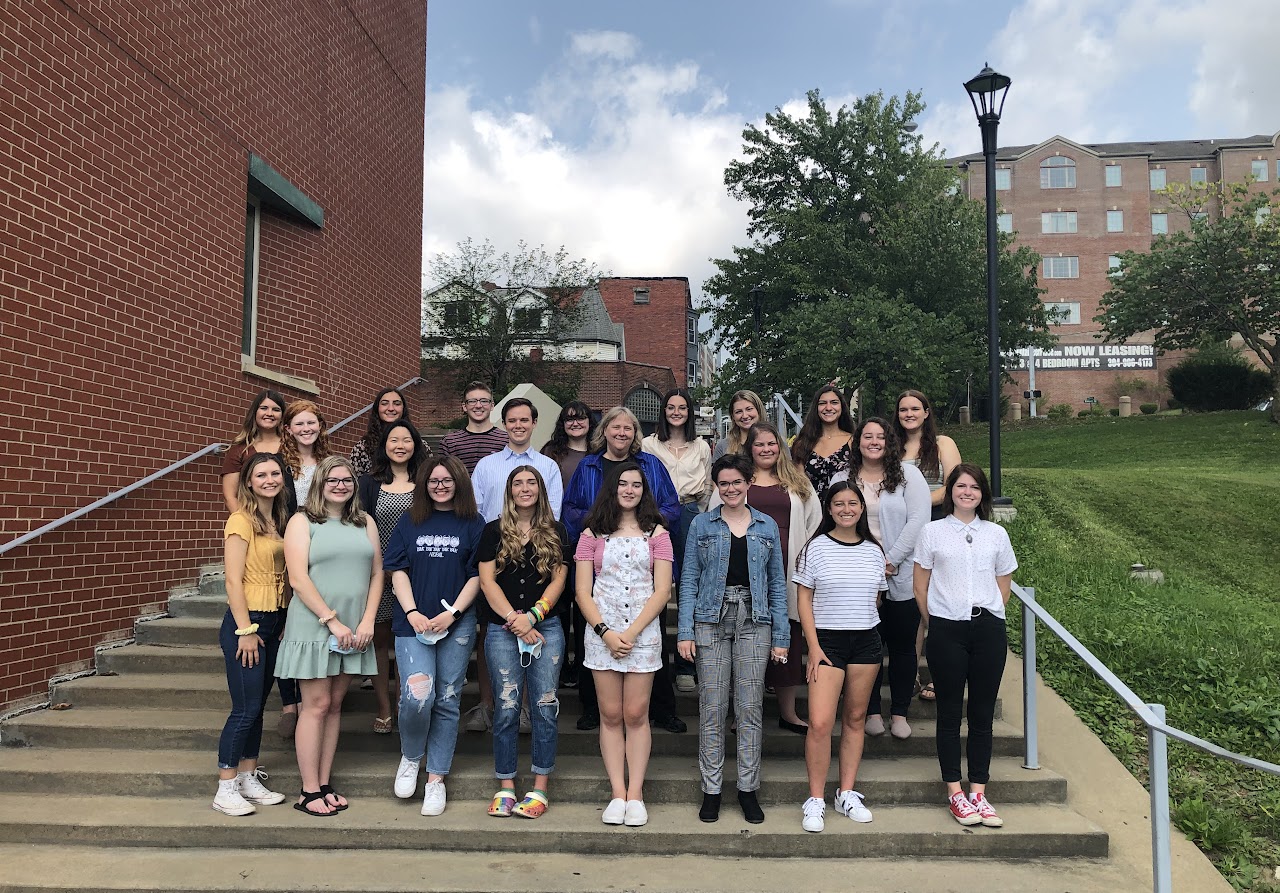
Trainee Lab Members
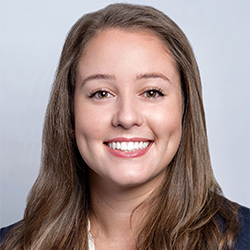
Lindsay Druskin, MS
Lindsay’s research interests focus on the development, evaluation, and dissemination of parenting interventions to address the emotional and behavioral needs of children with disruptive behaviors and trauma.
“ABCT has been incredibly helpful for me to network with other professionals in the field. I have been able to learn from and meet researchers conducting research that may influence my own future work. Prior to graduate school, I was able to introduce myself to potential mentors as well as learn about the work I could potentially become involved with should I join their lab. I was even introduced to Dr. McNeil at ABCT!
I would recommend members join SIGs that are relevant to their work. I have learned about many relevant opportunities that are tailored to my interests by being a part of SIG listservs and committees. By joining a SIG or ABCT committee, I have developed professionally by having more organizational responsibilities and improving my professional communication with other members of ABCT. As a more senior graduate student, having the opportunity to develop professional speaking/presentation skills and receiving feedback on my work at conferences has been incredibly helpful.”
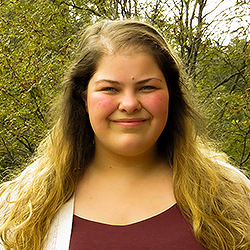
Sharon Phillips, MA
Sharon’s research interests primarily focus on best practices for the dissemination of evidence-based interventions for young children. She is also interested in the expansion and adaptation of Parent-Child Interaction Therapy to address different behavioral problems preschoolers may exhibit.
“ABCT has provided wonderful opportunities for me to present my research and network with other professionals who have similar interests. Through ABCT, I was able to get experience presenting at a national conference prior to graduate school.
I would recommend presenting a poster at the ABCT convention. It’s a great way to get experience disseminating research at a large-scale conference.”
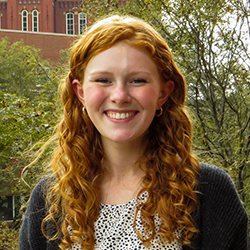
Erinn Victory, BA
Erinn’s research interests include parent-child relationships, trauma, child disruptive behavior, and the dissemination of evidence-based interventions, especially to underserved populations.
“ABCT has provided excellent opportunities for me to engage with researchers and practitioners who share my interests, enriching my academic and professional journey with a sense of community and collaboration. Attending ABCT conventions has been a highlight, allowing me to learn about ongoing research and expanding my understanding of innovative methodologies and diverse topics within behavioral and cognitive therapies.
I highly recommend that students participate in ABCT conventions and consider becoming involved in SIG. SIG meetings offer great opportunities for students to meet fellow professionals in their field.”
Cheryl McNeil, Ph.D.
 Dr. Cheryl Bodiford McNeil is a Professor of Psychiatry at the University of Florida and a Professor Emeritus at West Virginia University. She graduated with a Ph.D. in Psychology (Clinical Child) from UF in 1989. After working at the University of Oklahoma Health Sciences Center, Dr. McNeil served as a Professor of Psychology at WVU for 28 years. With 7 co-authored books and more than 150 publications, Dr. McNeil has devoted her research to the study of Parent-Child Interaction Therapy. Dr. McNeil is an APA and ABCT Fellow and is the recipient of numerous teaching, mentoring, and research awards.
Dr. Cheryl Bodiford McNeil is a Professor of Psychiatry at the University of Florida and a Professor Emeritus at West Virginia University. She graduated with a Ph.D. in Psychology (Clinical Child) from UF in 1989. After working at the University of Oklahoma Health Sciences Center, Dr. McNeil served as a Professor of Psychology at WVU for 28 years. With 7 co-authored books and more than 150 publications, Dr. McNeil has devoted her research to the study of Parent-Child Interaction Therapy. Dr. McNeil is an APA and ABCT Fellow and is the recipient of numerous teaching, mentoring, and research awards.
The WVU PCIT lab is a clinical research lab located at West Virginia University. Dr. McNeil’s lab is currently staffed with 3 graduate and 10 undergraduate students. Recently, the lab’s research has focused on the dissemination of PCIT and adaptations of PCIT internationally. Additionally, the lab has been highly involved in providing services to families impacted by the opioid epidemic in West Virginia.
How often do you attend the ABCT convention?
I have been to ABCT almost every year (excluding COVID and a death in the family) since becoming a student member in the 1980’s. As a treatment outcome researcher, ABCT provides the best venue for presenting our latest research as well as attending presentations about behavioral child and family interventions. I also thoroughly enjoy the social networking opportunities at ABCT.
How do you stay current with developments in the field?
Supervising theses and dissertations, along with publishing and presenting at conferences, provides many opportunities to stay up to date on the literature. I also benefit from the regular presentations of our undergraduate and graduate members of the lab. Conventions, like ABCT and the PCIT International conference, include excellent talks and posters about research that has not yet been published. Participating in ResearchGate is helpful as we receive notifications about recent publications that have cited our work.
How has ABCT helped you/your lab professionally?
Dr. McNeil’s lab has been well represented at ABCT in past years, allowing both graduate and undergraduate students the opportunity to disseminate their research findings. Members of Dr. McNeil’s lab are also highly involved in SIGs through ABCT, providing more networking opportunities for these students. ABCT also allows Dr. McNeil’s graduate students to network with potential internship and postdoctoral fellowship supervisors.
Does your lab have any traditions? Does your lab do anything together for fun?
We are big fans of celebrating milestone accomplishments with lab dinners and parties. For conferences, we tend to travel together as a group and enjoy exploring the city and attending the talks. We rent a house at a local ski resort for winter fun and gather at Dr. McNeil’s home on the lake for swimming and boating.
What advice would you give prospective trainees?
Join an active research lab and spend time with doctoral students so that you can soak in the culture and associated activities of graduate education. Take on leadership roles and independent projects that allow the development of writing and data analysis skills through active practice and feedback. Work toward getting products, like posters and publications, as they demonstrate your research capabilities. Find a mentor who is both productive and supportive; and find lab mates who can help you both academically and socially to navigate the stressful day-to-day life of a doctoral program.


